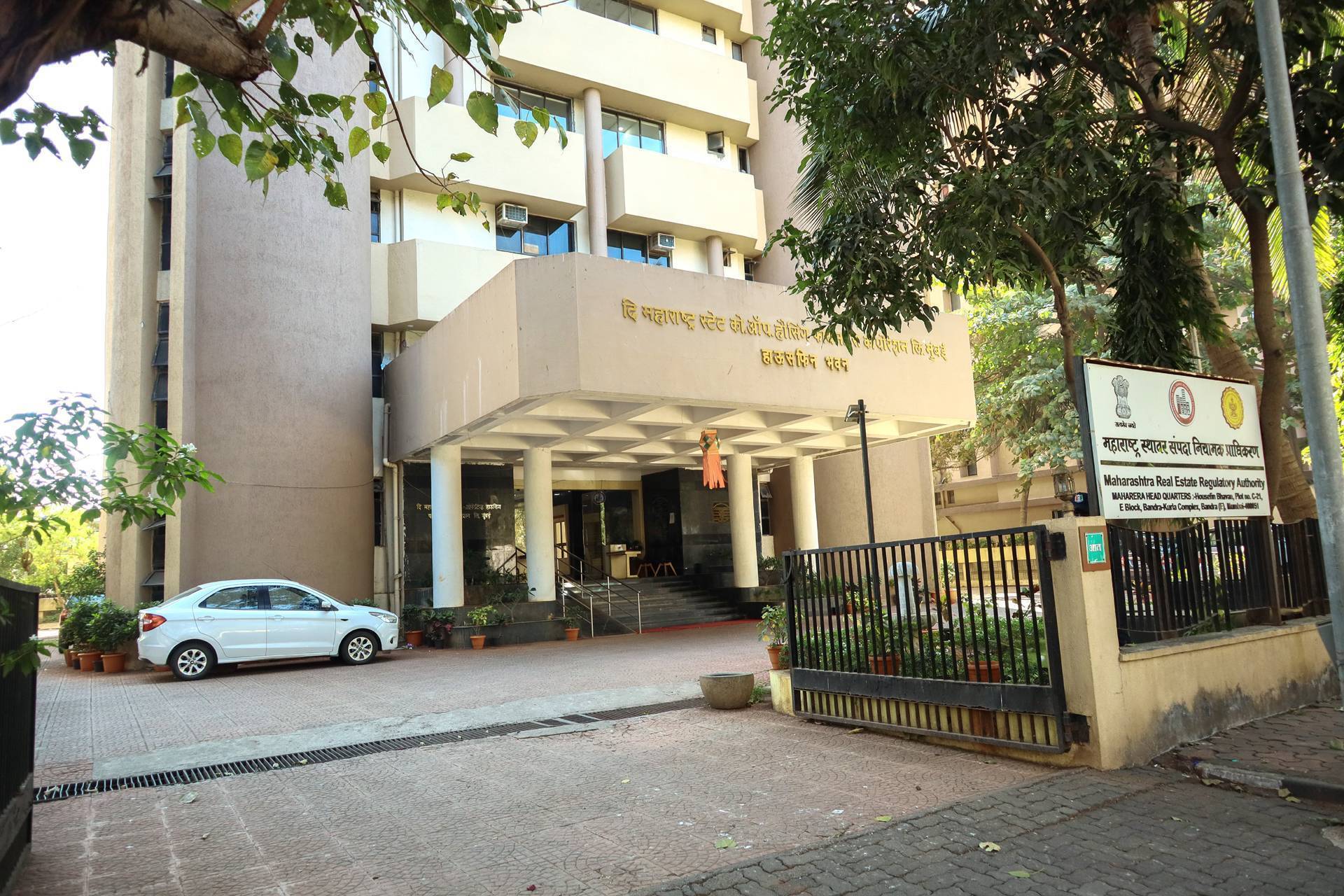In recent developments, the Maharashtra Real Estate Regulatory Authority (MahaRERA) has taken a significant step in protecting home buyers' interests by directing a real estate developer in Thane, near Mumbai, to disclose all details about pending litigation associated with an under-construction project. This move aims to ensure transparency and reduce the risks associated with purchasing properties entangled in legal disputes.
The Thane Case: A Legal Battle Over Land Ownership
The case began when the owner of the land where the project is being constructed filed a complaint with MahaRERA in September 2024. The complaint highlighted several issues, including unresolved ownership rights and the developer's failure to disclose crucial information about pending litigation on the MahaRERA website. According to the landowner, the developer had been selling units in the project without informing potential buyers about the legal disputes surrounding the land.
The landowner expressed concerns that this lack of disclosure could jeopardize the investment of homebuyers, making them vulnerable to unforeseen legal complications. As a result, the landowner sought MahaRERA's intervention to ensure that the developer would clear up the issues related to land ownership and litigation, providing a "clear title" to the property. However, during the hearing, MahaRERA clarified that it could not resolve the land ownership issue, as it fell outside its jurisdiction. The matter was beyond RERA’s purview, which is limited to real estate regulatory affairs, not private land ownership disputes.
Despite this, MahaRERA recognized the importance of disclosing pending litigations related to the property. The landowner informed the regulator that he was pursuing legal recourse against the developer in the high court, seeking arbitration for the ongoing issues.
MahaRERA's Directive to the Developer
In response to the complaint, MahaRERA issued a directive requiring the developer to upload details of all pending litigations to the MahaRERA website under the designated "pending litigation column" within 15 days. Failure to comply would result in penal action against the developer. This move aims to provide transparency and allow prospective homebuyers to make informed decisions about their investments.
The Legal Framework: RERA and Its Mandate for Transparency
Section 4 of the Real Estate (Regulation and Development) Act, 2016, requires developers to disclose essential information regarding their projects. This includes not only the basic details of the enterprise, such as its name, registered address, and the status of past and ongoing projects, but also more crucial aspects such as pending litigation, delays in project completion, the type of land being used, and any outstanding payments or dues.
The law mandates that developers be transparent about legal cases associated with their projects, particularly those that might affect the land or construction process. MahaRERA’s order aligns with this provision, reinforcing the need for full disclosure of any litigation before selling property units. Homebuyers, therefore, should carefully check whether a project’s details on the MahaRERA website include information about any legal disputes or unresolved issues.
MahaRERA’s Ruling on the Case
MahaRERA, upon reviewing the complaint, found that the developer did not violate Section 4 of the RERA, as the litigation only arose in 2023, after the project was registered with MahaRERA in 2021. Consequently, the regulator did not find any breach of the law by the developer. However, the regulator emphasized that the ongoing arbitration petitions filed by the landowner against the developer should be disclosed as part of the project's public record on the MahaRERA website, as per the mandates of Sections 4(2)(A) and (B).
In essence, while the MahaRERA order confirmed that the developer had not broken the registration process rules, it also reinforced the importance of full disclosure regarding pending legal matters that could impact the development or sale of the property. The developer, as per the regulator's order, must disclose all legal proceedings and ensure that future buyers are aware of these issues.
The Importance of Due Diligence for Homebuyers
For prospective homebuyers, this case serves as a critical reminder of the importance of conducting thorough due diligence before investing in a property. Legal experts recommend that buyers verify all available information regarding the property they intend to purchase, particularly with respect to any ongoing or potential legal disputes. This precautionary step can save homebuyers from significant financial losses or complicated legal battles in the future.
Trupti Daphtary, a Mumbai-based advocate and solicitor, emphasizes the importance of homebuyers ensuring developers disclose any pending legal cases related to a project. She advises buyers to conduct thorough due diligence and verify the details of any legal issues before purchasing a flat, as developers are required by RERA to disclose pending litigations regarding the project land or construction.
Legal issues may not always be apparent at the outset, and failing to check could lead to unpleasant surprises once a buyer has already made the financial commitment. This can include problems such as the project being delayed due to ongoing legal proceedings, disputes regarding land ownership, or even potential risks of the project being stalled or canceled altogether.
How Homebuyers Can Protect Themselves?
To avoid such pitfalls, homebuyers should request the following from developers:
- Project Registration Details: Ensure that the project is registered with MahaRERA and check the project details on the MahaRERA website.
- Pending Litigation Information: Review the "pending litigation" column on the MahaRERA website to check if any legal disputes have been disclosed.
- Consult Legal Experts: Engage with a legal professional who can assist in verifying the property’s legal standing and ensure there are no hidden risks.
- Land Ownership Verification: Verify the ownership and legal status of the land through property records and confirm that the developer has a clear title to the property.
By being proactive and asking the right questions, homebuyers can make well-informed decisions, minimizing risks and protecting their investments.
MahaRERA's recent decision to require developers to disclose pending legal issues is an important step in protecting homebuyers and ensuring transparency. While RERA already requires developers to share information about legal matters, it is also the buyer's responsibility to do thorough checks before buying a property
Image source- maharera









.png)